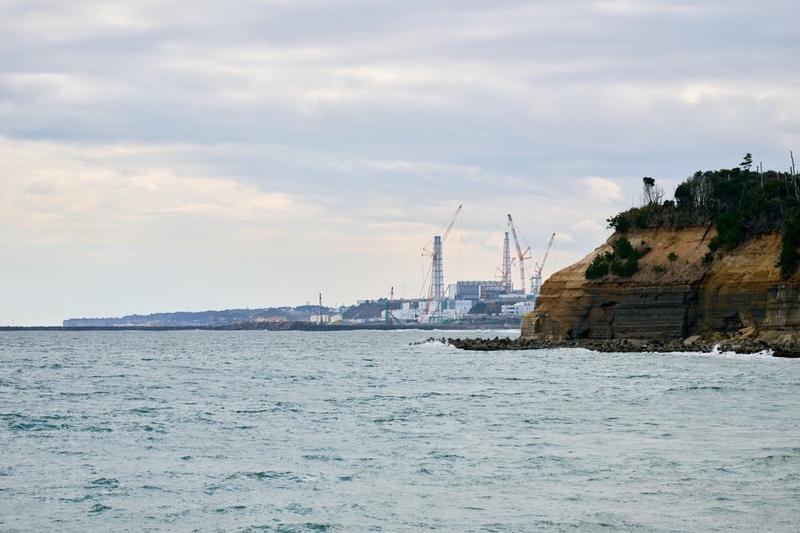 This photo taken on March 6, 2023 shows the Fukushima Daiichi nuclear power plant seen from Futabacho, Futabagun, Fukushima Prefecture, Japan. (PHOTO / XINHUA)
This photo taken on March 6, 2023 shows the Fukushima Daiichi nuclear power plant seen from Futabacho, Futabagun, Fukushima Prefecture, Japan. (PHOTO / XINHUA)
GENEVA - China's top diplomat in Geneva on Thursday called on the United Nations (UN) Human Rights Council to pay more attention to Japan's nuclear-contaminated water discharge issue and urges Japan to immediately stop its discharge into the sea.
Chen Xu, head of the Chinese Mission to the UN in Geneva, said during an interactive dialogue with the UN Special Rapporteur on the human rights to safe drinking water and sanitation that if the Fukushima nuclear-contaminated water is truly safe, Japan wouldn't have to dump it into the sea -- and certainly shouldn't if it's not.
Chen Xu further stressed that the legitimacy, legality and safety of the discharge have been questioned by the international community, and have been strongly opposed by people in Japan and South Korea
Chen pointed out that the Japanese government unilaterally and forcefully started the discharge of nuclear-contaminated water from the Fukushima nuclear power plant into the sea, which seriously violated the rights to health, development and environment of people in Pacific coastal countries and even around the world.
READ MORE: China: No monitoring could legitimize Japan's discharge
He further stressed that the legitimacy, legality and safety of the discharge have been questioned by the international community, and have been strongly opposed by people in Japan and South Korea.
The Fukushima nuclear accident is one of the world's most serious nuclear disasters to date. Hit by a massive earthquake and an ensuing tsunami in March 2011, the Fukushima nuclear power plant suffered core meltdowns and generated a massive amount of contaminated water which is known to have more than 60 radioactive elements.
ALSO READ: Japan's fishermen file lawsuit against nuke wastewater release
Ignoring the appeals of domestic fishermen, neighboring countries and worldwide environmental experts, Japan started releasing the Fukushima nuclear-contaminated water into the ocean on Aug 24.


